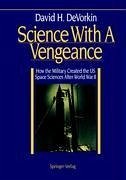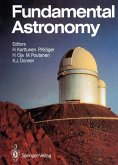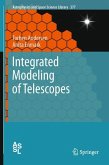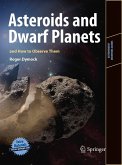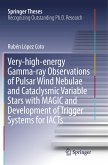The exploration of the upper atmosphere was given a jump start in the United States by German V-2 rockets - Hitler's "vengeance weapon" - captured at the end of World War II. The science performed with these missiles was largely determined by the missile itself, such as learning more about the medium through which a ballistic missile travels. Groups rapidly formed within the military and military-funded university laboratories to build instruments to investigate the Earth's upper atmosphere and ionosphere, the nature of cosmic radiation, and the ultraviolet spectrum of the Sun. Few, if any, members of these research groups had prior experience or demonstrated interests in atmospheric, cosmic-ray, or solar physics. Although scientific agendas were at first centered on what could be done with missiles and how to make ballistic missile systems work, reports on techniques and results were widely publicized as the research groups and their patrons sought scientific legitimacy and learned how to make their science an integral part of the national security state. The process by which these groups gained scientific and institutional authority was far from straightforward and offers useful insight both for the historian and for the scientist concerned with how specialties born within the military services became part of post-war American science.
Hinweis: Dieser Artikel kann nur an eine deutsche Lieferadresse ausgeliefert werden.
Hinweis: Dieser Artikel kann nur an eine deutsche Lieferadresse ausgeliefert werden.
From the reviews:
"This is the story of a select group of American scientists. In the aftermath of World War II they banded together, seized an opportunity, and set in motion events that culminated in what is known today as `space science'...there is much to commend in this work to anyone interested in the evolution of American science in the 20th century. DeVorkin marshals an impressive amount of information, most of it drawn from primary sources, to explain the people and institutions that promoted scientific research with rockets..." --- Air & Space
"Science with a Vengeance is a play on words for an exceptionally thorough, well-researched description of the origins of US space science. Young US scientists used Hitler's V-2 Vengeance weapon to conduct the first observations from high in the earth's atmosphere...Many photographs are from private collections...An easy-reading must for anyone interested in the early days of US rocket science." --- CHOICE
"...Having secured boxcarloads of V-2 parts, the US military sought to determine their use and purpose, in part by a series of test firings of these wonder weapons...This exhaustively researched and lavishly illustrated volume...is an important contribution to the historical study of postwar American science." --- Physics Today
"This is certain to become the standard work on its subject...impeccably researched...Anyone concerned with a deep analysis of the forces shaping contemporary science and technology would profit from reading this." --- S.R. Weart, AIP Center for History of Physics
"...I learned a great deal from reading this...[it] recaptured the driving enthusiasm and spirit of the work as well as the exhilaration of our successes and the frustration of our failures....[DeVorkin] has distilled and interpreted a huge amount of raw material into an insightful and readable account...." --- James A. Van Allen, The University of Iowa
"This is the story of a select group of American scientists. In the aftermath of World War II they banded together, seized an opportunity, and set in motion events that culminated in what is known today as `space science'...there is much to commend in this work to anyone interested in the evolution of American science in the 20th century. DeVorkin marshals an impressive amount of information, most of it drawn from primary sources, to explain the people and institutions that promoted scientific research with rockets..." --- Air & Space
"Science with a Vengeance is a play on words for an exceptionally thorough, well-researched description of the origins of US space science. Young US scientists used Hitler's V-2 Vengeance weapon to conduct the first observations from high in the earth's atmosphere...Many photographs are from private collections...An easy-reading must for anyone interested in the early days of US rocket science." --- CHOICE
"...Having secured boxcarloads of V-2 parts, the US military sought to determine their use and purpose, in part by a series of test firings of these wonder weapons...This exhaustively researched and lavishly illustrated volume...is an important contribution to the historical study of postwar American science." --- Physics Today
"This is certain to become the standard work on its subject...impeccably researched...Anyone concerned with a deep analysis of the forces shaping contemporary science and technology would profit from reading this." --- S.R. Weart, AIP Center for History of Physics
"...I learned a great deal from reading this...[it] recaptured the driving enthusiasm and spirit of the work as well as the exhilaration of our successes and the frustration of our failures....[DeVorkin] has distilled and interpreted a huge amount of raw material into an insightful and readable account...." --- James A. Van Allen, The University of Iowa

